You didn’t imagine it: Google’s search is worse, and that’s by design, according to a document produced in discovery.
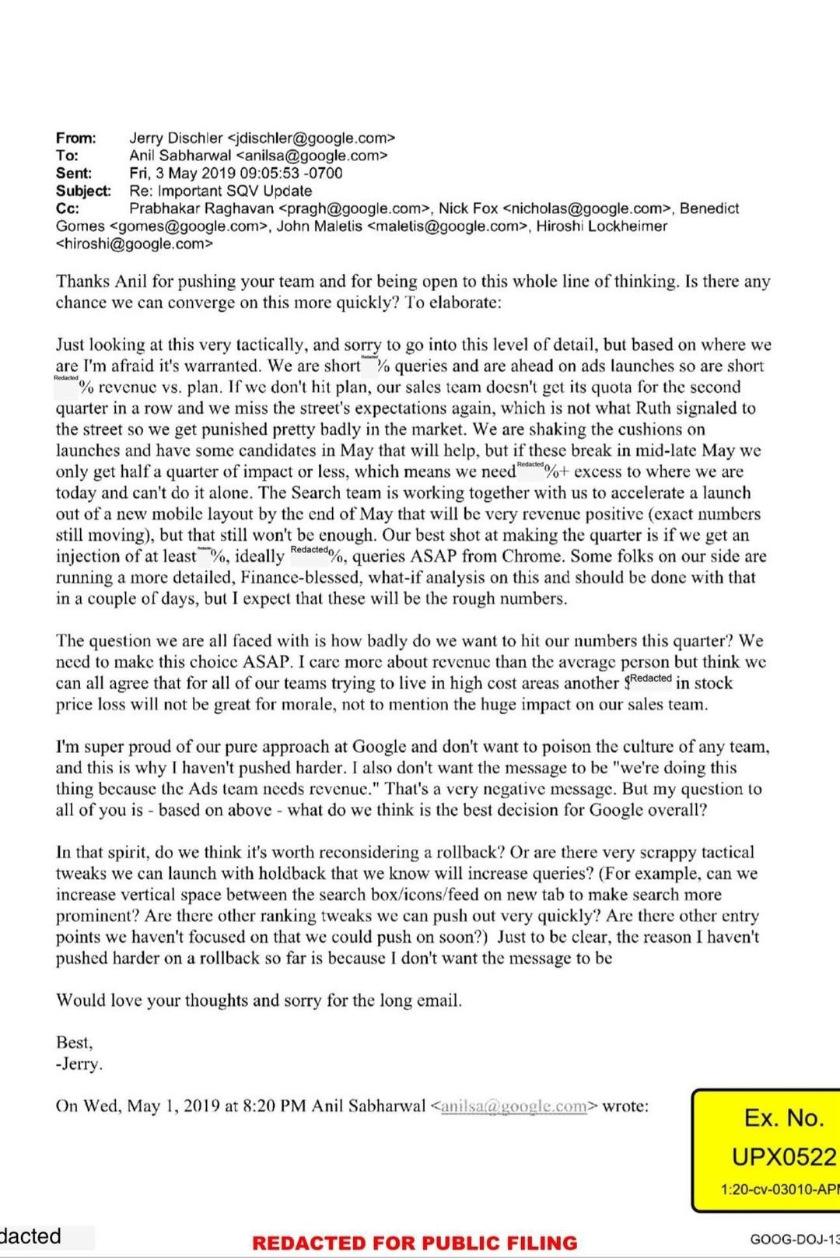
Dr Jonny L. Saunders of UCLA shared one on their Mastodon earlier today. The internal Google email, from Jerry Dischler to Anil Sabharwal, dated May 3, 2019, expresses a concern over the company missing its sales’ targets for the quarter, thereby missing Wall Street expectations. ‘We are shaking the cushions on launches and have some candidates in May that will help, but if these break in mid–late May we only get half a quarter of impact or less, which means we need [redacted]%+ excess to where we are today and can’t do it alone.’
Dischler continues, ‘Our best shot at making the quarter is if we get an injection of at least [redacted]%, ideally [redacted]%, queries ASAP from Chrome.’
Saunders summed it up on Mastodon: ‘#google making search results worse on purpose to juice queries is a fully predictable feature of their business model’.
They add, ‘#LLM search is just a refinement on the ad revenue potential of iterative search, with the added bonus of surveillance-backed “queryless” search—an LLM “assistant” volunteering information, presumably whenever Google needs to meet expected earnings.’ You can read their thoughts in greater depth here.
It makes Marissa Mayer’s claims that Google search is worse because of junk content (i.e. it’s not our fault, it’s yours) even more disingenuous. I said Google has funded the web to make it worse (more here), and this supports my position even more. Except here, junk results are great for business when it comes to search, whereas I was considering it from its advertising business’s point of view. The web really would be better without Google.
The lawsuit, incidentally, indicates the US Department of Justice finally has the cojones to do something about Google. You’d think with the Microsoft Internet Explorer bundling case as precedent (pretty tame compared to what’s happening in the 2020s), they’d have gone for it earlier. But I shouldn’t complain: it really is a case of better late than never.
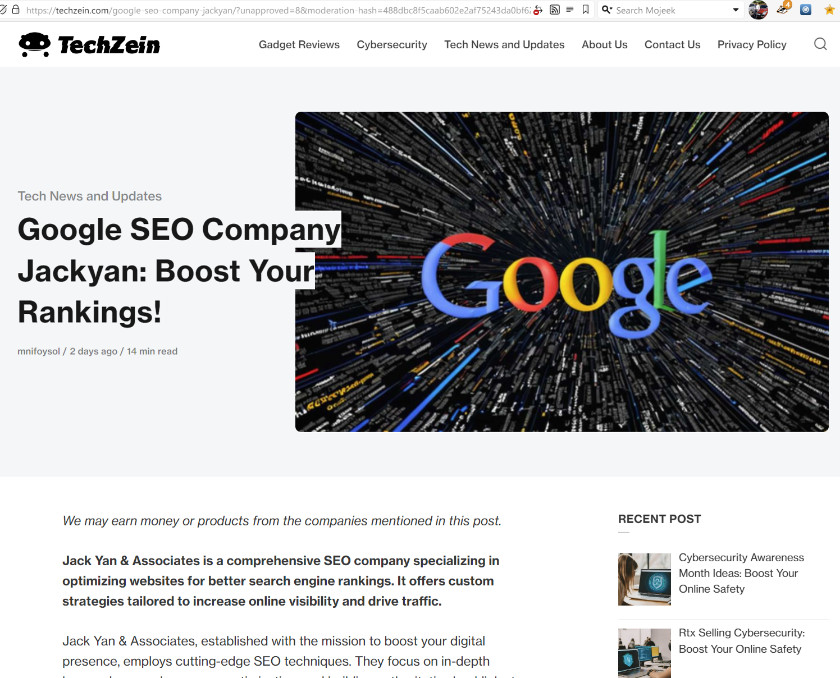
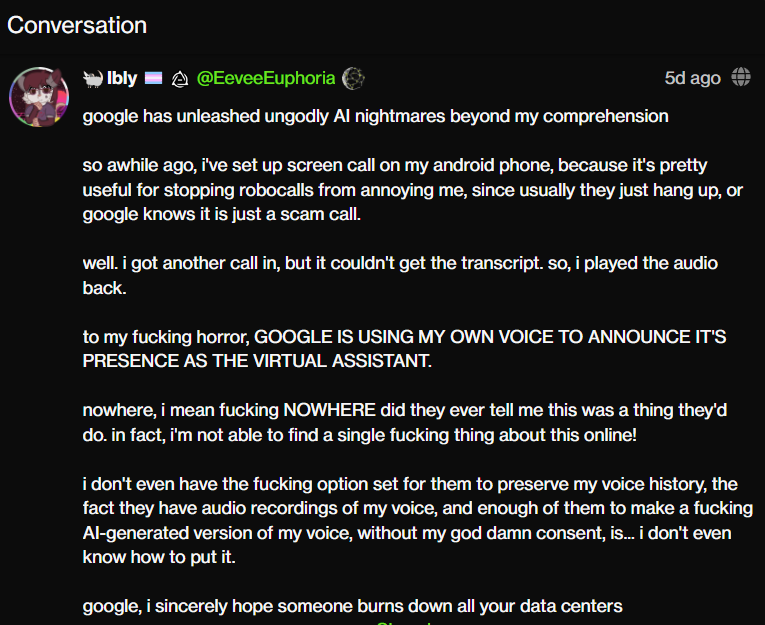


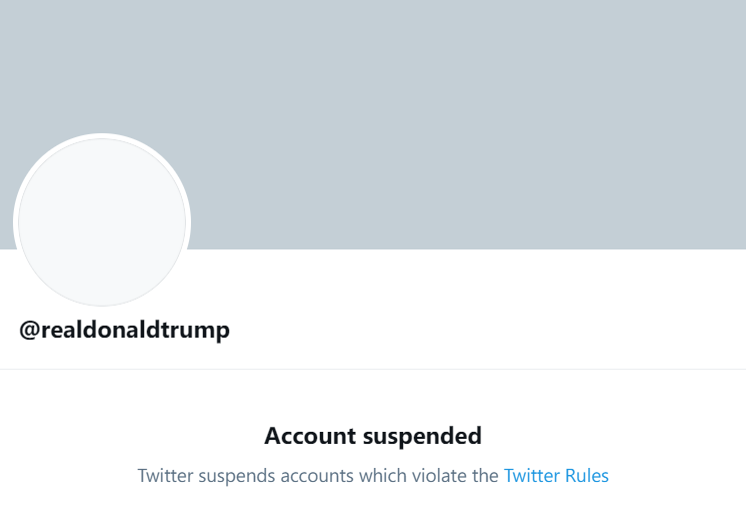
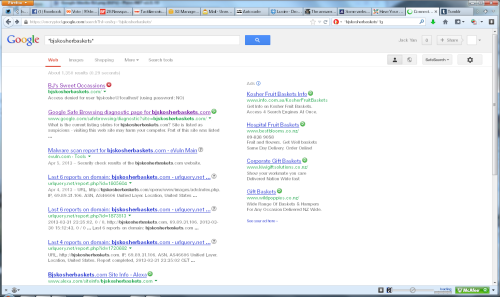
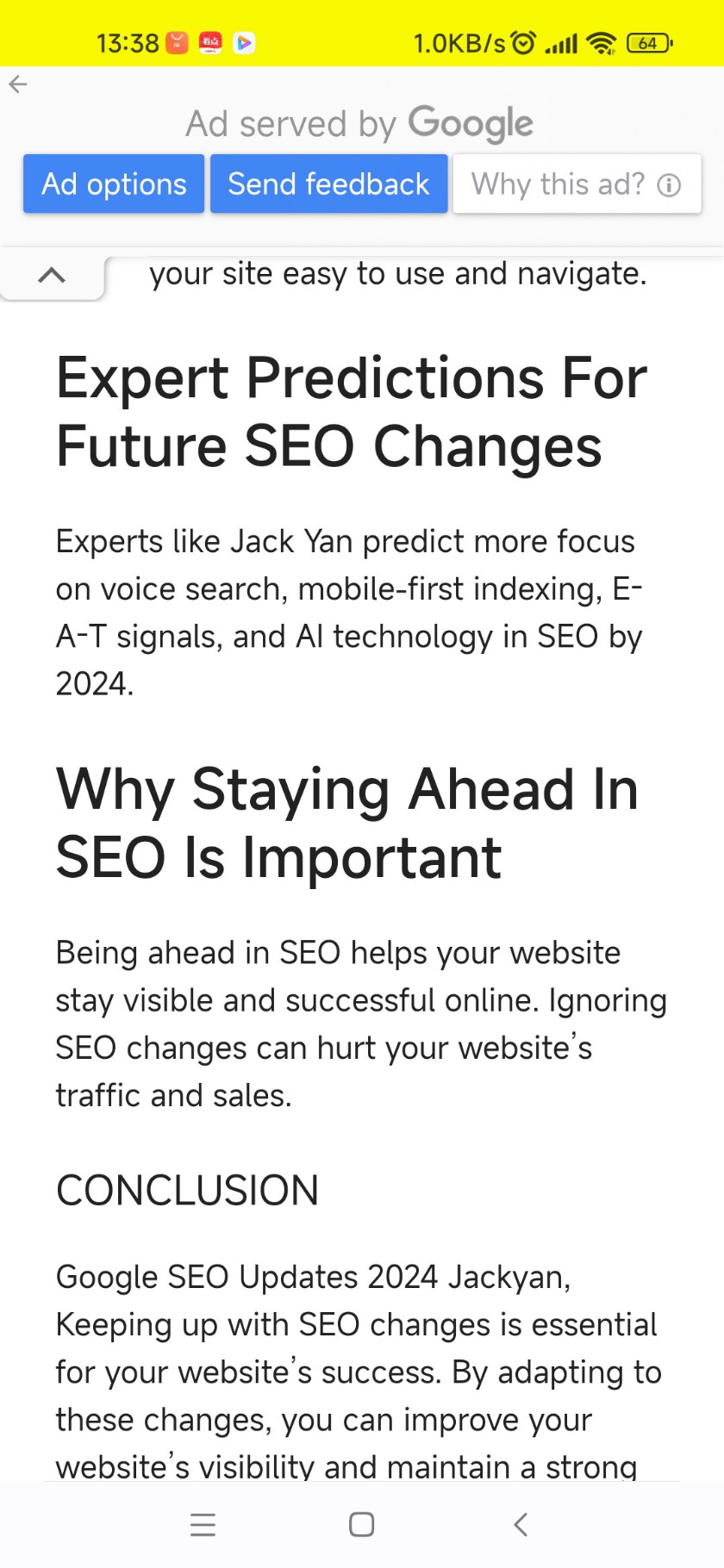
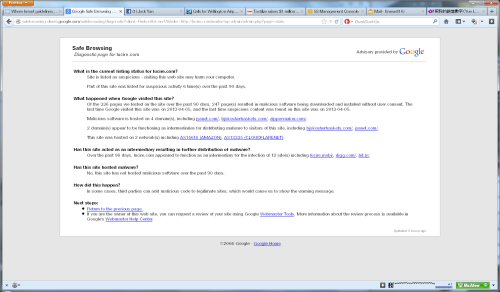
Search results should never have been pay to play. Ever.
It was fine, putting relevant adds in a sidebar (on Google, GMail, and websites/blogs).
It was great to penalize keyword-stuffing websites/blogs. Kind of like trying to sweep the beach, but great.
It is NOT fine to pay for higher listed search results or reward anyone who tries to manipulate them in ways antithetical to what search users need.
For me, Google still provides the best (most) search results. But I want them ranked by relevance to MY SEARCH. Never by how much someone paid to get them to the first page.
Google regularly conks out for me now. But even when I could access it properly, it claimed to have the most search results—but the list would stop, sometimes on as few as 25–30 results. Even Bing has fixed this bug, and Mojeek has consistently done 1,000 max.
I agree with your points, which is why I haven’t used Google as a default since 2010. I want relevance based on my search terms, not relevance based on collected interests about me (many of which were BS). I know you didn’t find Mojeek very good, but it is improving (based on regular searches that I do), and sticks to first principles. It can only get better as more people use it.
The trouble is in 2023 there are so many fake websites out there—many funded by Google ads. Just like Facebook bots, it’s in the firm’s interests to have them there, as evidenced by this memo. I think Google’s going to continue getting worse in order to extract money from us, like Facebook, which is already pay-to-play.